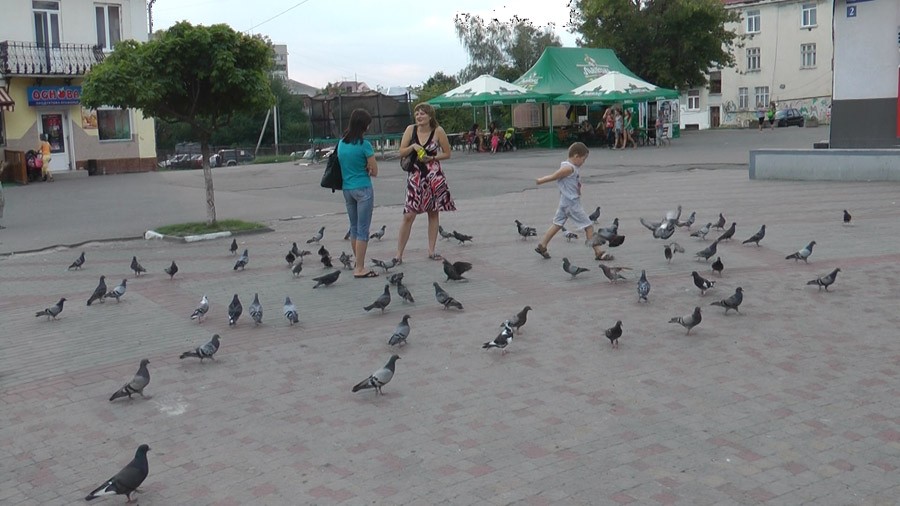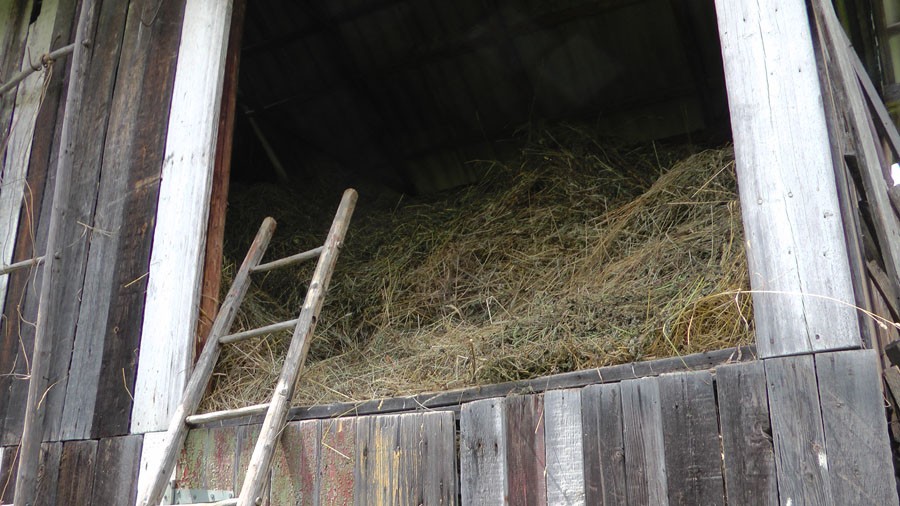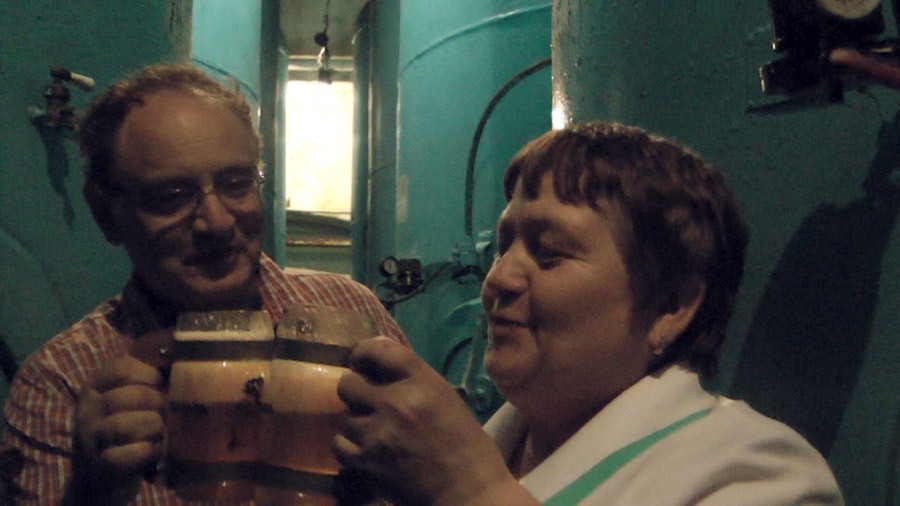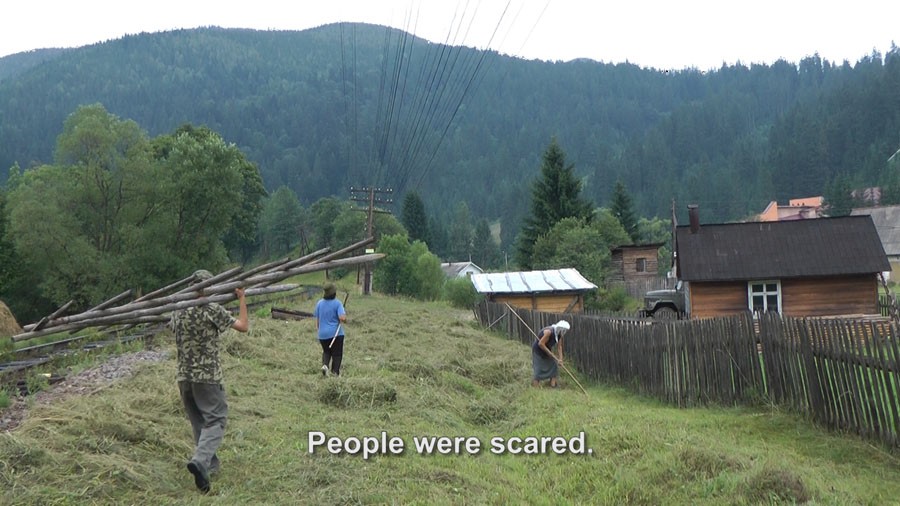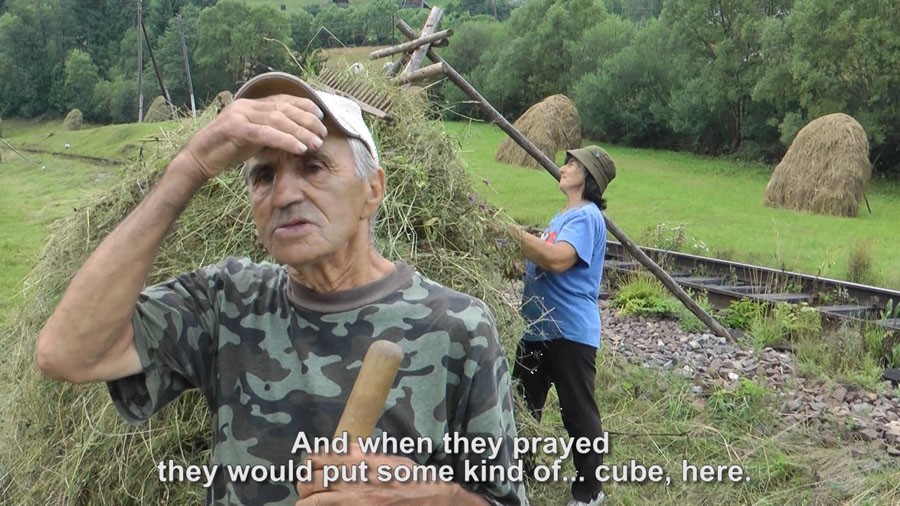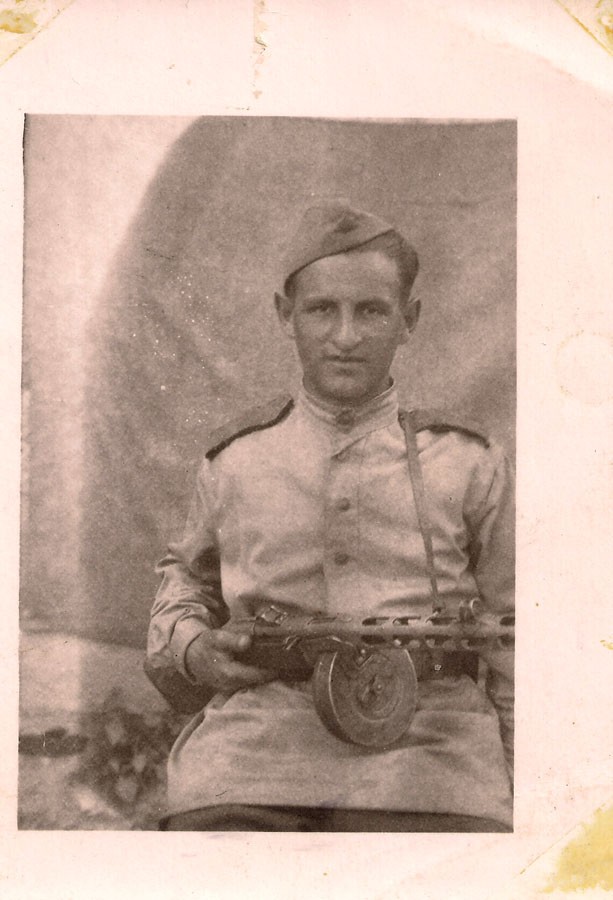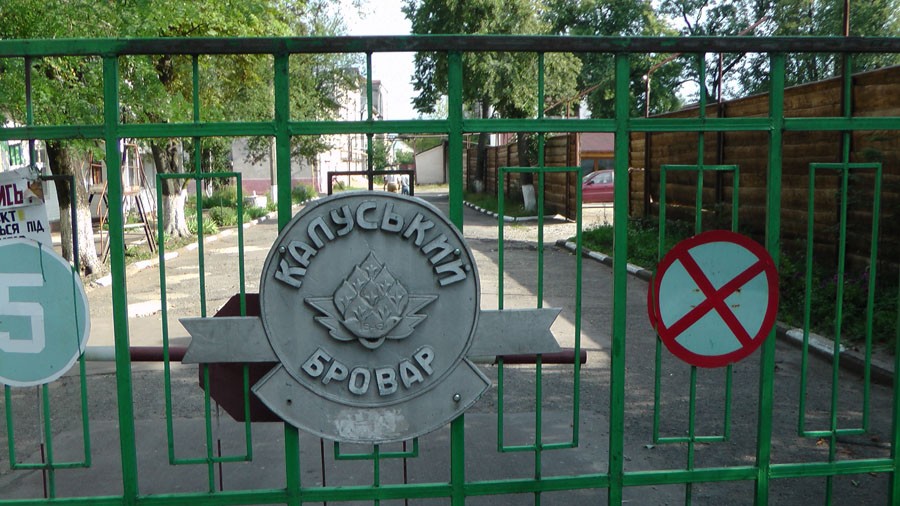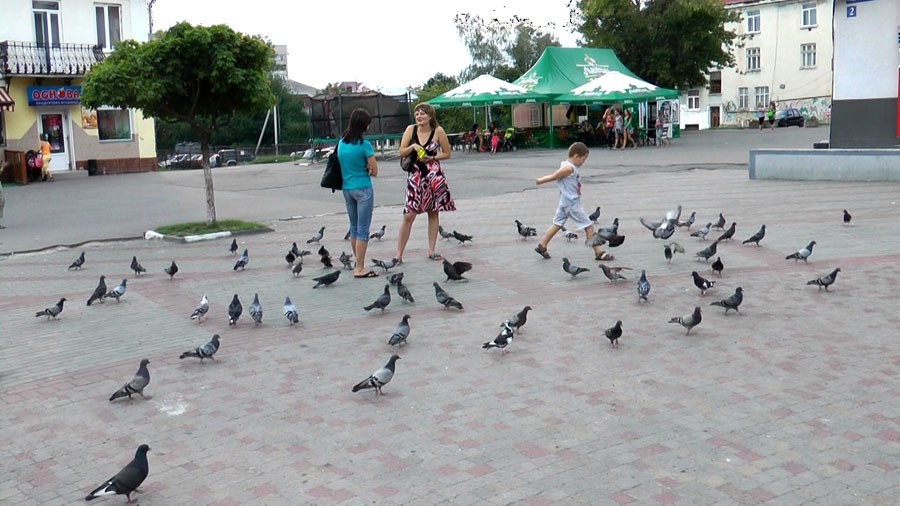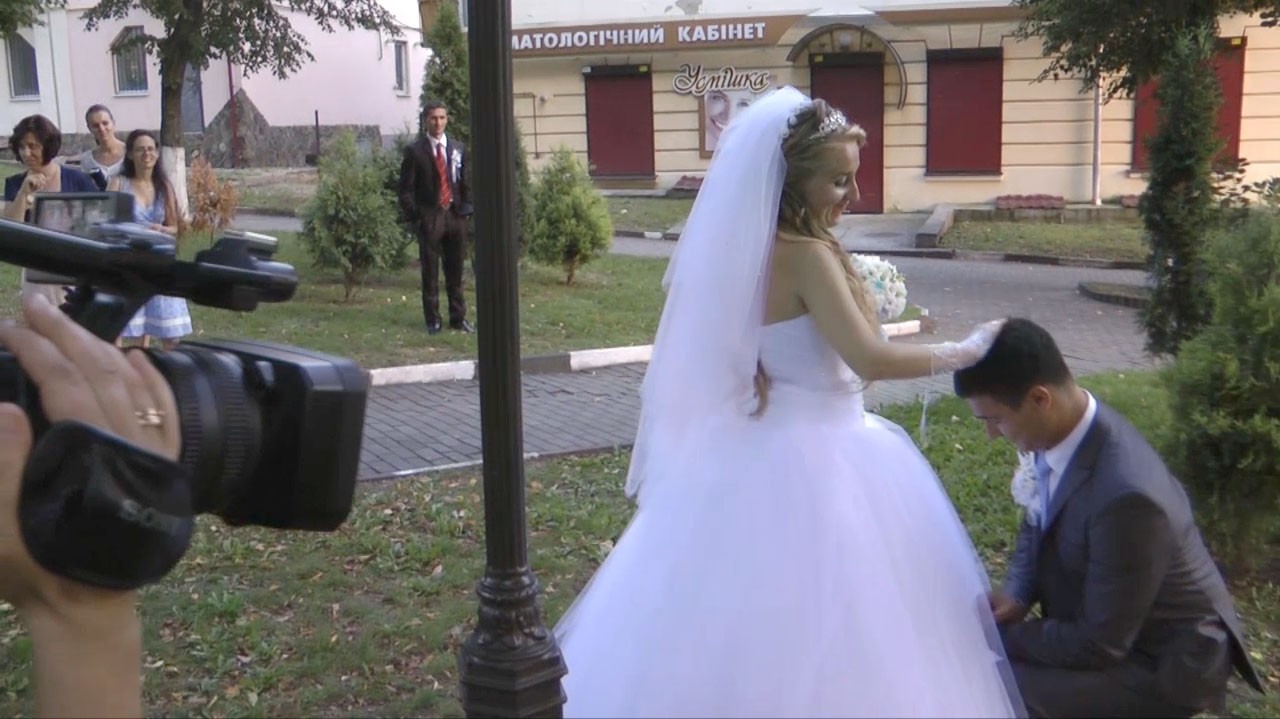The longing to return home, nostos in Greek, is one of the strongest human urges. My father immigrated to Canada after World War II and never returned to his war-torn hometown of Kalusz in Poland. But his stories about Kalusz filled my childhood. After he passed away, I decided to make the trip back for him and see the town for myself. Looking for his house, I meet Tanya, a young woman who knows little about the town's Jewish history. My search becomes her search. We meet a cast of comic and tragic characters – a rabbi, a beer production manager, Ukrainian farmers and a fisherman's children – who give us clues about the past. We fail to find my father's house but one puzzle about his life is cleared up.
Synopsis
The longing to return home, nostos in Greek, is one of the strongest human urges. My father immigrated to Canada after World War II and never returned to his war-torn hometown of Kalusz in Poland. But his stories about Kalusz filled my childhood. After he passed away, I decided to make the trip back for him and see the town for myself. Looking for his house, I meet Tanya, a young woman who knows little about the town's Jewish history. My search becomes her search. We meet a cast of comic and tragic characters – a rabbi, a beer production manager, Ukrainian farmers and a fisherman's children – who give us clues about the past. We...
Awards
- Best Audience Awards – Mediterranean Film Festival, Bosnia, 2014
- Silver Horseshoe Award - the AsterFest Film Festival, Macedonia, 2014
Festivals
- Thessaloniki Documentary Film Festival, 2014 – Official Selection
- Prague Jewish Museum, Czech Republic 2013
- AsterFest International Film Festival – Competitive Section, Strumica, Macedonia, 2014
- Sedona Jewish Film Festival, USA, 2013
Press & Links:
SILVER HORSESHOE Award/Jury's Verdict:
The Israeli-Ukrainian THE KALUSZ I THOUGHT I KNEW by BERNARD DICHEK is an honest approach to the roots of one´s family. The short film takes the audience on a journey through time and places, and the humor in between. And looks for the truth behind stories told and people who lived 70 years ago.
THE KALUSZ I THOUGHT I KNEW / THE STARFISH THROWERS / BASTARDS
Directors Deborah Perkin (Bastards), Bernard Dichek (The Kalusz I thought I Knew) and Jesse Roesler (The Starfish Throwers) gave a press conference on Monday, 17 March 2014, in the context of the 16th Thessaloniki Documentary Festival. On account of her film Bastards, Deborah Perkin talked about Moroccan society, where, as in all Muslim countries, sex outside marriage is illegal and women bear the brunt of society's disapproval. Such a woman is the protagonist of the film, Ms Perkin explained, adding: "The situation in Morocco is very different from other islamic countries like Egypt or Turkey. The film tells the story of a young woman, Rabha, who, at 14, was forced into a traditional wedding - that had no legal status - to a violent man who abused her and kicked her out when she became pregnant. In the film, we see Rabha ten years later, as she struggles to legalise the marriage that was forced upon her, register the birth of her daughter and force the father to recognize the child." Determined to keep her distance, the director nevertheless admitted she could not help getting emotionally drawn to the story. "I was very disturbed by the story of my heroine. I was angry. I felt a combination of outrage and compassion. But I could not intervene. I think that a filmmaker has only one chance to intervene, and that is by making the story public." The director made special reference to L'Association Solidarite Feminine, a Casablanca-based charity that helps unmarried women. "The founder of the organization, Aicha Ech Enna, is a remarkable woman, who has received the decoration of the Legion of Honour by France for her work. She has also received an honorary medal by the king of Morocco. This is revealing of how things are changing. Often the law changes, but mentalities stay the same. Morocco, a country that has not witnessed any violent revolution in the past few years, is now on the verge of great social change."
Canadian director of Jewish descent Bernard Dichek takes the audience on a journey back in time with his documentary The Kalusz I thought I Knew. The director traveled to the Polish city of Kalusz, the birthplace of his father, who had to leave it after WW II. "This is a film about memory. About the memories I had of a place I had never been to; about the memories of the people who lived there and are now 90 years old; about the memory of an entire historical era. These are memories from WW II and a city that has a lot in common with Thessaloniki, since both cities once had strong Jewish communities who had all their possessions stolen," said the director. Mr Dichek said that making the film made him realize that many young people in Eastern Europe have no knowledge of their nation's History, adding: "I tried to follow many different perspectives in my film, with interviews of young people who know nothing about those events and testimonies of elderly people with first hand experience who were, however, reluctant to talk. My father left Kalusz for Canada in 1949 never to return, but my childhood was filled with stories about the city. It was only after he died that I decided to visit Kalusz. There, I discovered many things I did not know about my father, for example what his favorite beer was. Kalusz has changed radically since the time my father lived there. The city I had in my mind had no resemblance to the city I actually saw. This is another piece of the complex puzzle this story created in my mind."
Jesse Roeslers The Starfish Throwers tells the story of three people doing their best to help people in need. "I set out on this journey when I met Allan Law, a retired teacher from Minnesota in the US, who drives around giving away free sandwiches to the hungry. Law is a one of a kind man. For the last 13 years, he has been sleeping in his car. He even threw away most of his furniture to make room for more fridges to store the thousands of sandwiches he distributes around the city. Mr Law, a symbol of compassion and solidarity, inspired me to look for the other two protagonists of the documentary: one is a five-star, high-caste Hindu chef, who puts his own social status at risk by giving away lunches to poor people; the other is a 12-year-old girl from South Carolina, who grows vegetable to feed hungry people in her community and beyond." The American filmmaker said the most important common trait of all his characters is that they never give up, despite the many obstacles they face. "Their actions deeply affect the lives of others. As a director, I followed them through their day-to-day routines, avoiding any personal involvement, to present their work to the audience." The parallel events of the 16th TDF are financed by the European Union's Regional Development Fund for Central Macedonia, 2007-2013. - See more at: http://www.noodls.com/view/3F3325882DD2A35A5EEEA0C32DE3A0DC9ED23CCB?3268xxx1395134439#sthash.iMbN7FZF.dpufDichek has attracted the interest of the audience at several European festivals this year with his new documentary, The Kalusz I Thought I Knew. The film grabs you with its simplicity during the search for the memories of his father, one of the few who escaped the Holocaust, and is at the same time vastly exciting through the mixed feelings it evokes. A little bit sad, a little bit funny, but Dichek manages to maintain the necessary balance. For the entire review, check: http://asterfest.mk/en/program/main-selections/asterdocs/
It’s only now that I realize how important it was for my father to keep on telling his story, back in the 1950′s and 60′s when public discussion about the ‘war’ as it was called in those days was taboo. Long before the terms ‘shoah’ and ‘holocaust’ were coined, a decade or two before the American TV series Holocaust, Elie Wiesel’s bestsellers, the movie Schindler’s List and Holocaust memorials and everything else that put the subject on the map, my father kept on telling his stories to anyone that would listen, even if most people didn’t want to hear it and many didn’t believe him. For the entire article by Bernard Dichek, check:
Festivals
- Thessaloniki Documentary Film Festival, 2014 – Official Selection
- Prague Jewish Museum, Czech Republic 2013
- AsterFest International Film Festival – Competitive Section, Strumica, Macedonia, 2014
- Sedona Jewish Film Festival, USA, 2013
- Budapest Jewish Film Festival, Hungary, 2013
- Haifa International Film Festival, 2013
- Bucharest Jewish Film Festival, Romania, 2013
Educational
- US Holocaust Memorial & Museum
- Emory University
- University of Pennsylvania
- Harvard University
- Yad Va'Shem Visual Center, Israel
- Arizona State University
- Duke University
Awards
- Best Audience Awards – Mediterranean Film Festival, Bosnia, 2014
- Silver Horseshoe Award - the AsterFest Film Festival, Macedonia, 2014
